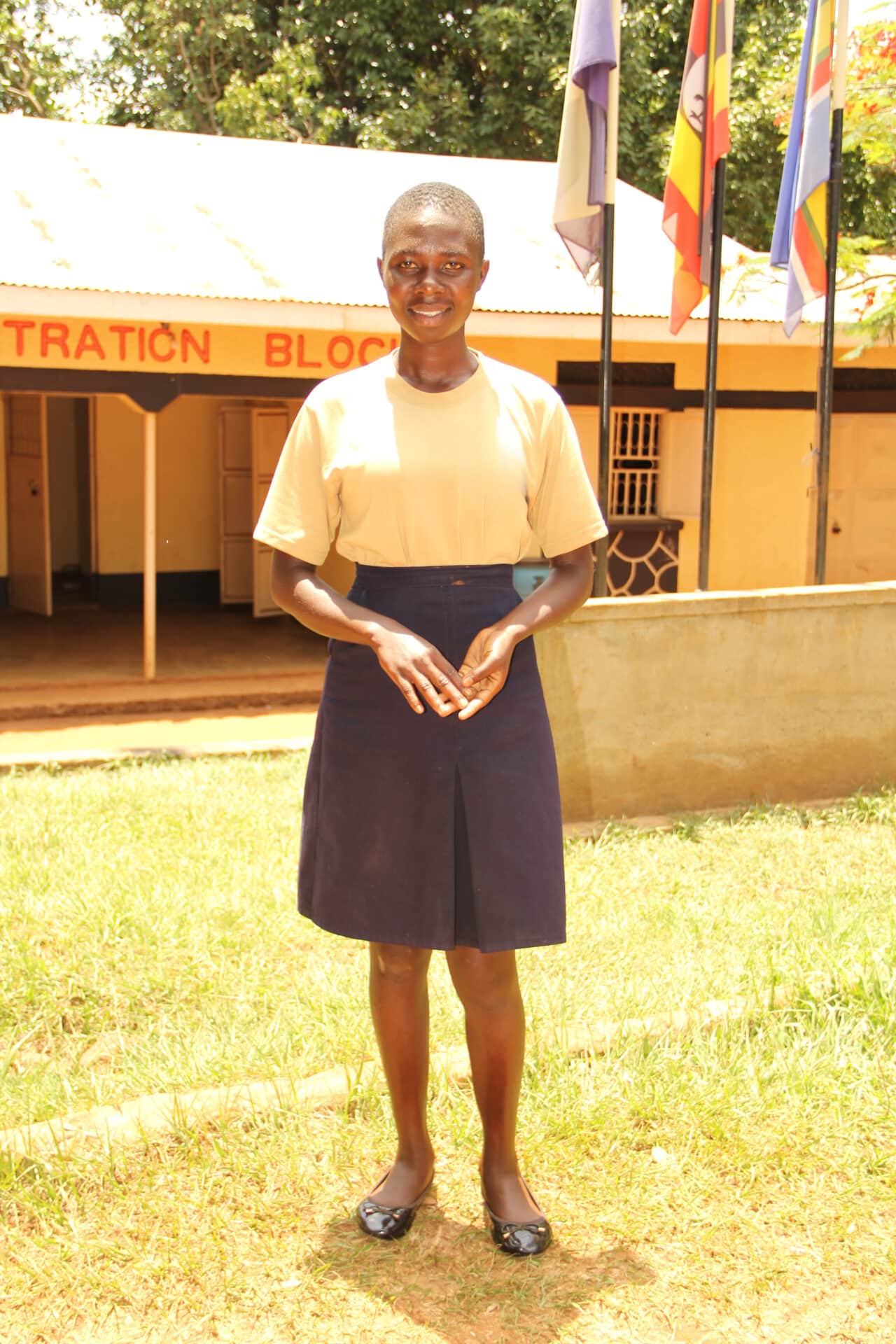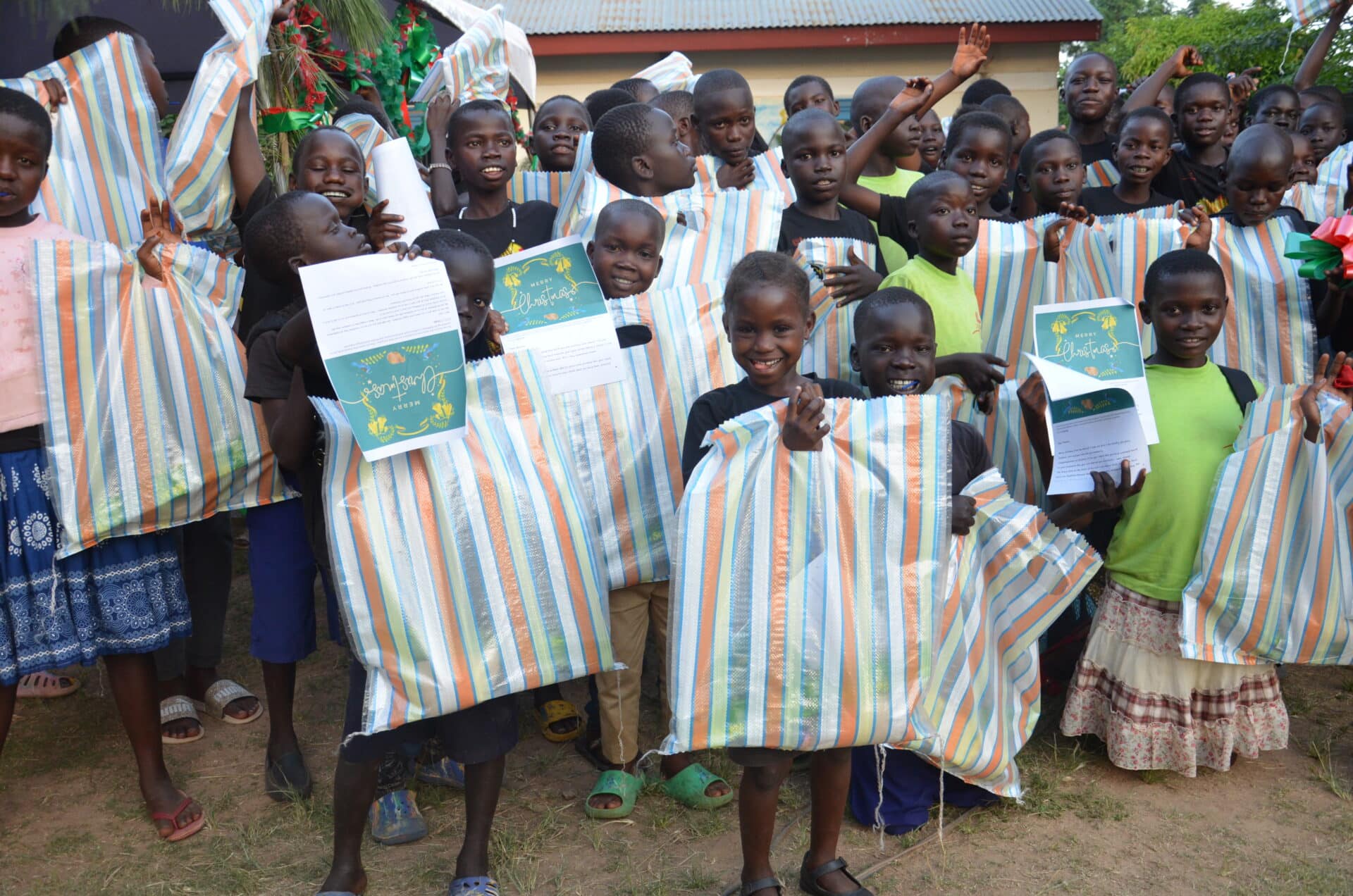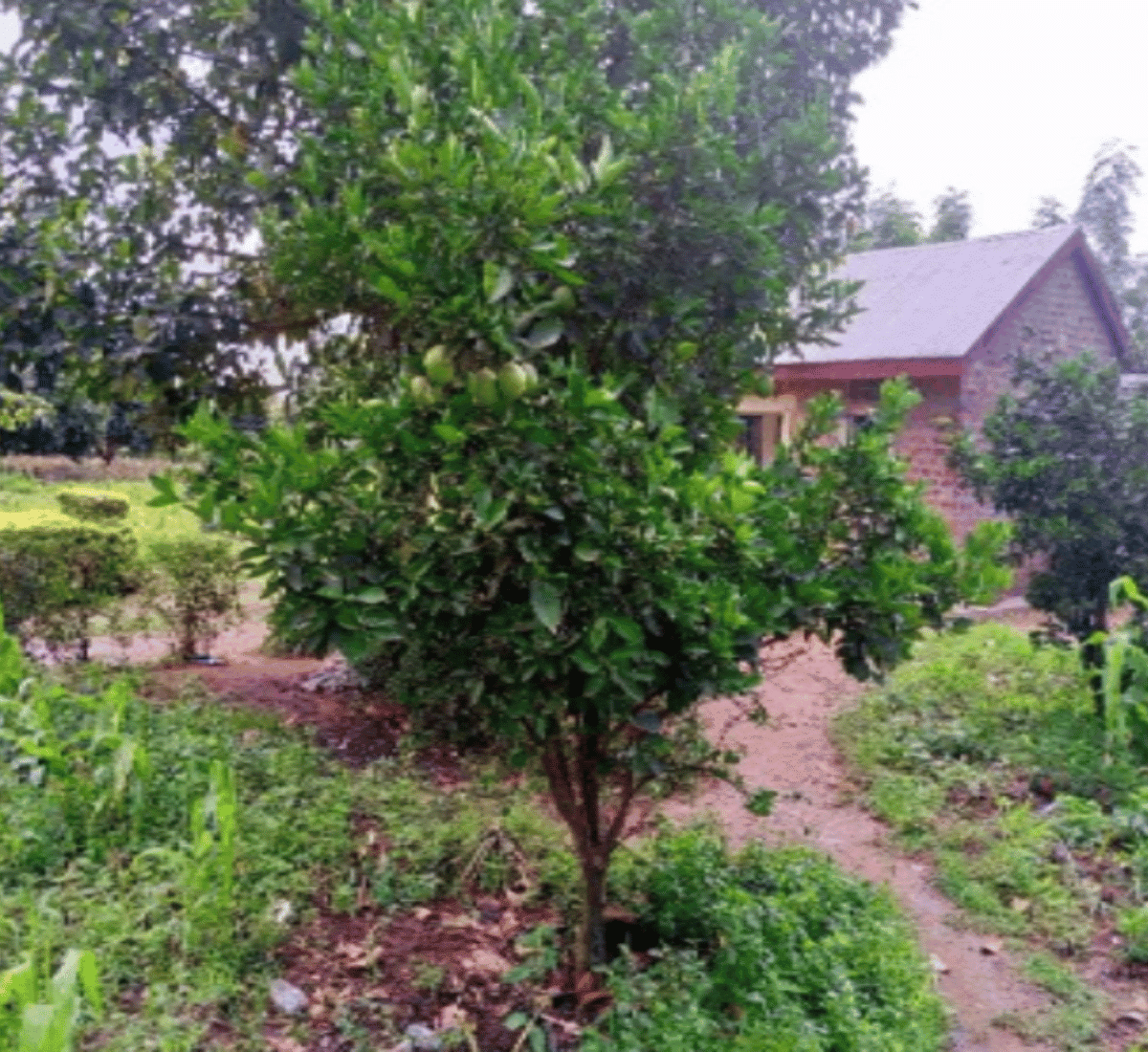At Hope St, we act with compassion rather than pity, as we truly believe a person is not labelled by their circumstances. We try to put people first, not their situation, to cast aside stereotypes, to try to understand what they are going through. No matter what a person’s circumstances we search for the positives and strengths in their life. We truly believe every community, every family, and every individual, has strengths that should be brought into the light.
Our world is filled with so much suffering and pain. How do you react? With pity or with compassion? Pity and compassion both emphasise kindness and sympathy towards others. These two words are often used interchangeably but have very different meanings.
Pity is often triggered by seeing someone in a difficult situation, and feeling sorry for them. Pity is a passive emotion that can make the person going through a hard time feel diminished or patronized. The pitfall of pity is that it potentially sees the person as being ‘less than’ and possibly even contributing to their own suffering. Pity can see someone as a victim and hold that person in the space of being a victim.
On the other hand, compassion highlights a deeper sense of connection and empathy for others. Compassion is an active emotion that motivates us to take action and help others. Showing compassion means being there for another without judgment, being a pillar they can stand beside. Truly compassionate people never see those they stand beside as victims, but rather as individuals who are going through painful moments. Compassion focuses on empowering people and helping them to improve their own lives.
I encourage you to put aside pity and open your heart and soul to living a life of compassion, starting with your families and friends, and extending into the world.
“If you show a people as one thing over and over again, this is what they become… If all we see is how poor people are, it becomes impossible to imagine them as anything else, their poverty becomes the single story… The single story creates stereotypes, and the problem with stereotypes is not that they are untrue, but that they are incomplete. They make one story become the only story.” Chimamanda Ngozi Adichie, Nigerian writer
Written by Jan Barker, Hope St Director



